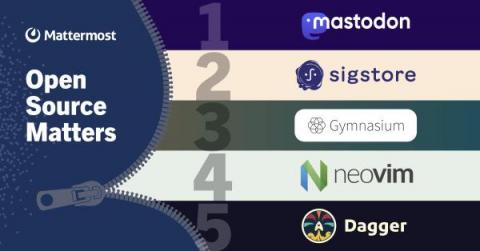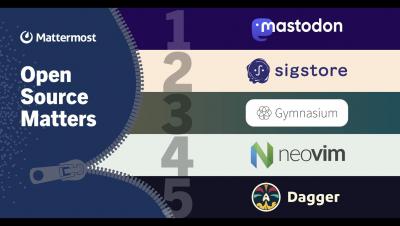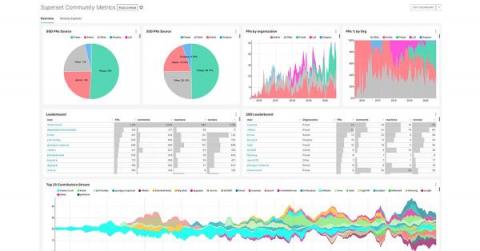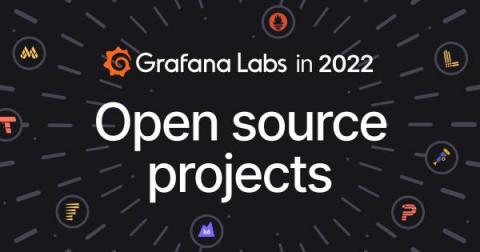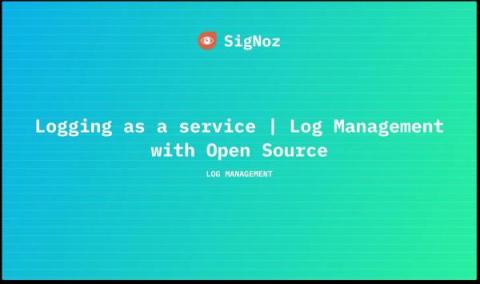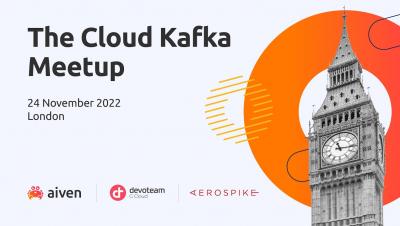5 open source projects to contribute to in 2023 | Open Source Matters
Welcome to Open Source Matters, where we cover the latest developments in open source technology. In this special edition, we’re covering 5 open source projects you should consider contributing to in 2023. I’m your host, Ben Lloyd Pearson — now, in no particular order, let’s dive in!


